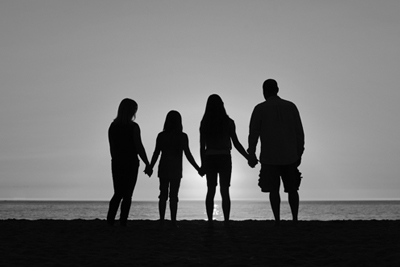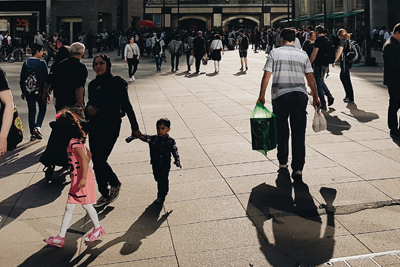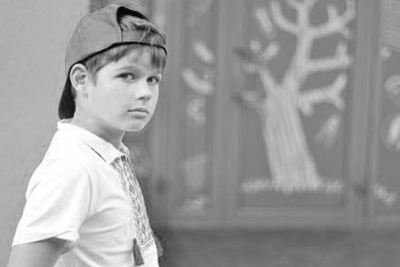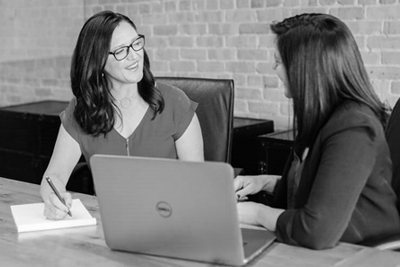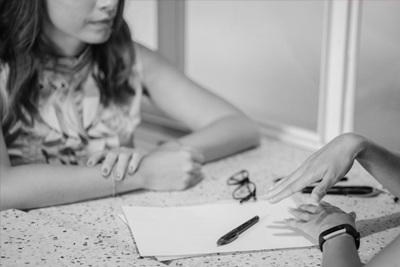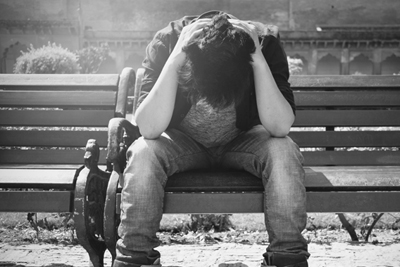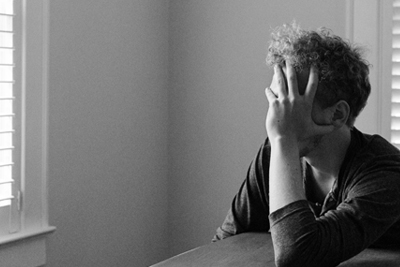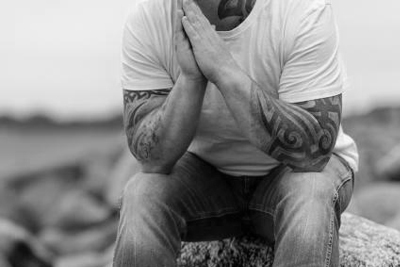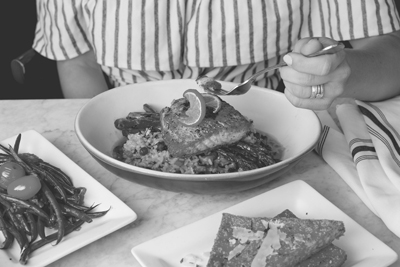Being An Extrovert During Social Distancing
The COVID-19 pandemic has created a mental health crisis nationwide. Journalist Dave Hogg is covering this story from a variety of different angles. This post is part of his special series for RCBM.
For introverts, six weeks of social distancing at home might sound like a dream come true. For extroverts, though, it has been a nightmare.
The COVID-19 pandemic started shutting down the state of Michigan in the middle of March, with mass gatherings banned on Friday the 13th. That was also the last day K-12 schools were open, and Governor Gretchen Whitmer started closing shops on Monday the 16th. A week later, her "Stay Safe, Stay Home" shut down everything other than essential businesses and asked Michiganders to stay home as much as possible.
It has now been more than six weeks since life began to change in the Great Lakes State and more than a month since the state went into complete lockdown. For some people, that has meant weeks without physical contact with their friends and loved ones - often while living alone. That's tough for anyone but even worse for people who are fueled by socialization.
"The last six weeks have been challenging because I have figured out, very clearly, how much I thrive off giving and getting energy from face-to-face conversations," John said.
He's not alone. We talked with people across the United States and Canada who were struggling with the same issues.
"I miss my other people. I miss my routine. I miss my dinners, walks by the water, and especially movie nights," Michelle said. "As I watch all of my concerts, festivals, and especially comic conventions get canceled one by one; I feel like I am watching my world fall apart."
In many cases, the lockdown separates people from family members as well as friends.
"It's really hard," Heidi said. I'm used to seeing my boyfriend every couple of days and most of the weekend. I usually see my parents at least once a week, and my older daughter and her kids at least twice a week.
"The most painful part is not seeing my grandsons -- Ben is 3 1/2, and I am just aching to spend time with him. Theodore is seven weeks old and changing every day."
Many extroverts have also lost the social connections they have at work, whether they have lost their job or are working from home. Even people who thought they would be OK with six weeks at home are struggling to cope.
"The weirdest part of the last six weeks has been realizing that, no, I'm not a sociable introvert," Chris said. "I have found myself craving conversation and trying to drag out the ones I do have in ways that ordinarily I would not."
Finding The Bright Side

Technology can't replace long-planned events, but it can fill some gaps. Chris's partner turned his birthday into a surprise Zoom party filled with many of his friends. Lisa is considering a virtual baby shower if time runs out for a normal one - the same solution her sister-in-law ended up using.
"There's a sense of something lost that comes when you can't share the same cake or squeal with the person next to you when the mom-to-be tears the ribbons off yet another package full of tiny pink ruffles and bows," Lisa said.
Technology might have a mixed record for big events. However, it has been a saving grace for extroverts looking for daily contact.
"We've hosted a virtual game night, and we've attended virtual happy hours," Wolfgang said. "More often than not, I'm asking people for video conferences to catch up and break the sense of isolation."
He's not alone.
"I have set up Zoom meetings with family, friends I work out with, friends I grew up with, friends I went to college with, and other groups," John said. "I did so many Zoom meetings that went over the allotted, 40-minute window for the free account that I paid $11 to upgrade for a month to see if it was worth it."
Other solutions have allowed physical presence even if contact isn't allowed.
"My boyfriend and I have the occasional 'drive-thru date,'" Heidi said. "We go through a drive-thru or get carry-out food (separately) and then talk through our open car windows."
There are times, though, when even the most extroverted people need a break. After a month of struggling with his depression, Dean discovered a coping mechanism that came right out of an introvert's playbook.
"I've gone for a solo walk most days, and that allowed me full balance," he said. "I have been able to read, work on a tiny bit of writing, and I've started a painting."
No one thinks life is about to return to normal right away, but human nature means they've thought about how they'd celebrate.
"I would want to hug my parents, whom I have seen, but have not hugged since the pandemic," John said. "And we're huggers."
At RCBM, David Price, LPC, CAADC, a licensed professional counselor and certified advanced alcohol and drug counselor is doing little things every day to help boost the spirits of the RCBM team, which is also still adjusting to social distancing.
"Friends and colleagues are important parts of your life," he said. "Every morning, I send text messages to people to check on them, and I'll do the same thing with our internal messaging system.”
He says even “bagel Fridays” have been reimagined.
"I used to bring bagels on Fridays, which isn't possible right now, but I try to cheer people up with a note and a picture of a bagel,” Price explained. "The people here do their jobs with great concern and compassion for their patients, but they are also a great support network for each other."
Last names were omitted from this story to protect the privacy of interviewees.

